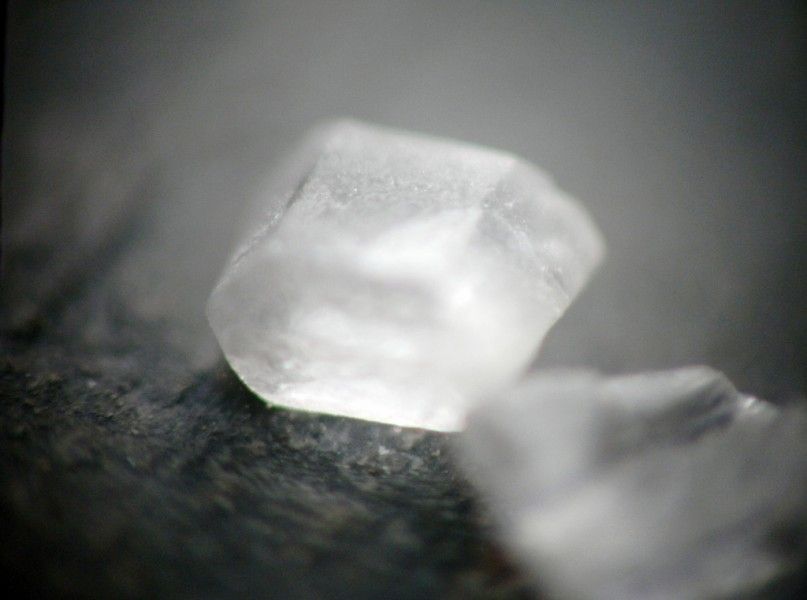A spoonful of sugar could do a lot more than just help the medicine go down.
Researcher Y.H. Percival Zhang and others at Virginia Tech have developed a biobattery that runs on glucose and lasts 10 times longer than lithium-ion batteries. Even better news is that the only bi-products are electricity and water, and the batteries can be completely revitalized by simply adding more sugar.
Living beings break down glucose easily, but the technology hadn’t yet been developed to tap into the highly energy-dense compound. Lead researcher Zhang told Business Insider that while sugar batteries had been developed before, they weren’t nearly as promising.
“The lifetime of the battery depends on the sugar concentration,” Zhang told Business Insider, “plus how many electrons are extracted per glucose.”
Using a combination of 13 enzymes, the researchers have brought the sugar battery one step closer to market.
But, there are still some downsides. As Business Insider reports, the enzymes and proteins used are delicate to temperature and do not last for long periods of time. “To be practical in a laptop or a cellphone,” the article reports, “the enzymes would need to last for several months or even years. Tweaking the enzymes’ structures could make that happen.”
Researchers and developers told CNET that the battery is as close to three years to the market, and with limited (and harmless) biproducts, cheaper developmental and commercial cosst, and virtually endless lifespans, sugar batteries could be a sweet deal.
FEATURED PHOTO: Raja Singh/Flickr





